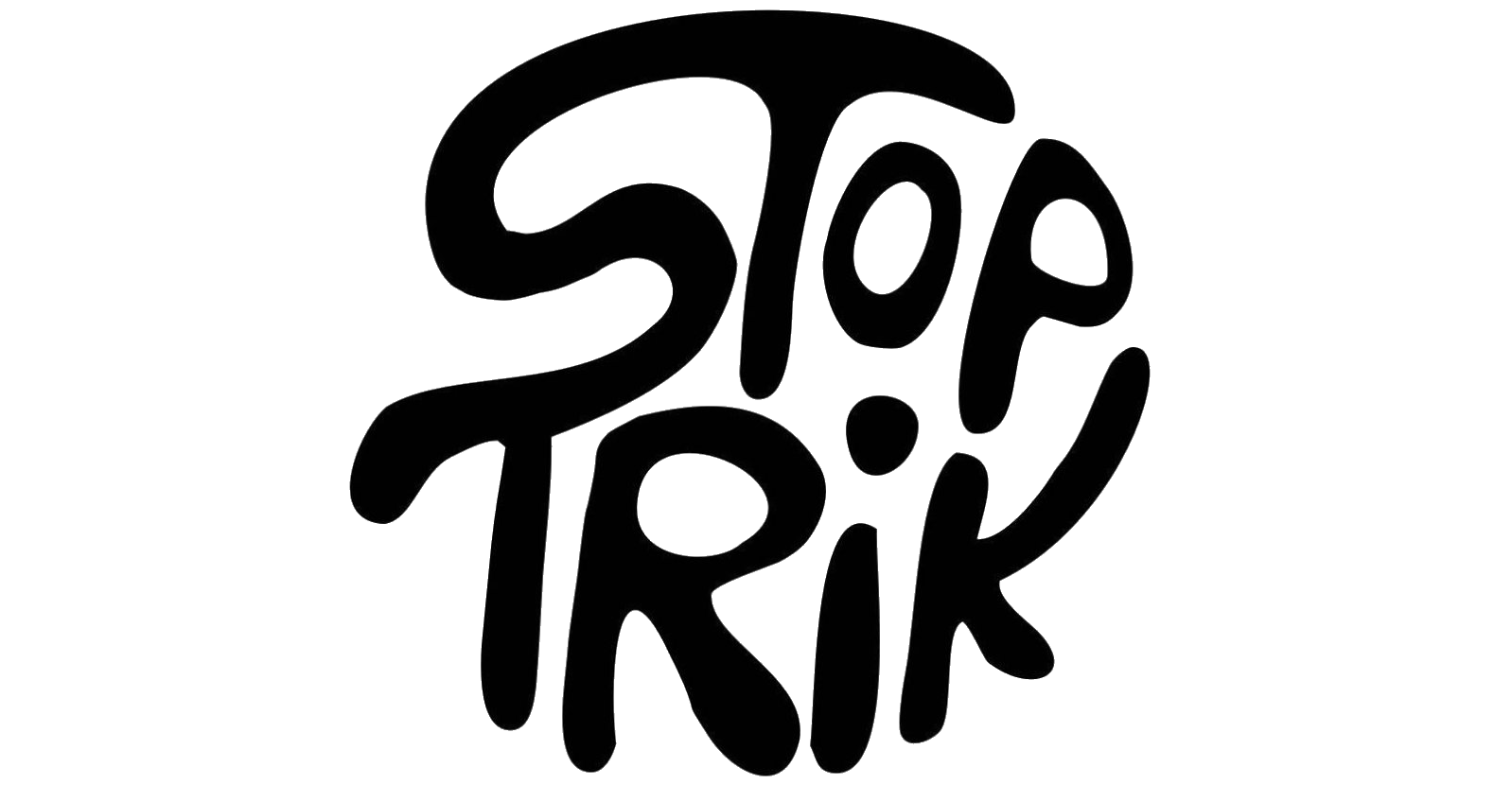11th StopTrik IFF: Exploring Animated Mythologies
StopTrik IFF enters its second decade by inviting the participating Audiences and Filmmakers to explore, review, and discuss the cultural importance of stop motion animation regarded as an art form able to convey and redefine universal narratives and symbols – myths that are fundamental for various cultural contexts.
The programming of the 11th edition (curated by the festival directors: Olga Bobrowska and Michał Bobrowski) revolves around the notion of ANIMATED MYTHOLOGIES. Three special retrospectives of brilliant historical and contemporary stop motion and experimental films emphasise the polyphony of view-points and artistic versatility. Animation can be a device of (re)constructing and verifying various cultural identities, able to put forward diversified reflection on world phenomena. Myths and conventions of mythical narratives (stories of origin, quest, fall, etc.) provide universally understandable codes and archetypal representations that are potent enough to create and reinforce beliefs, suspend doubts, and heal painful raptures experienced in reality. The same potency, however, turns the beliefs in dogma, certainty in submission, and the healing process into escapism.
Our aim is to turn the 11th StopTrik into a self-reflexive, critical and challenging discussion about the essence of the relation between the artists, audiences and their surroundings. Deliberately we chose this theme in 2021, a not-yet-post-pandemic moment, governed by political chaos, media hypocrisy, irrational distrust towards science and knowledge, and above all, proximity to the climate catastrophe. In this moment we need new words and images which attest to our current experiences. As Ülo Pikkov writes in “Animasophy. Theoretical Writings on the Animated Films” (2010): Humankind has told stories for thousands of years and the animated film continues this tradition using different means: the immediate presence of a storyteller has been replaced by the screen and loudspeakers. The modern animated film has, to a large extent, adopted the role of ancient storytellers narrating myths and legends. (p.65). Art-house animation, and specifically a lot of stop motion animated films, incorporate recognizable mythical tropes and figures (or even whole narratives), predominantly in order to twist and revise them.
Curated programmes of the ANIMATED MYTHOLOGIES retrospective can be taken as a departure point by anybody willing to set off on the quest for exercising critical alert in regard to the motivations and worldviews of the “storytellers'', and for rejecting the restrictive conventions of expression upon which no longer functioning “business as usual” has been conceived and fostered.
The Festival in Maribor will open with Yiorgos Tsangaris’ RITES OF SPRING (2021, Cyprus), an experimental, vigorous and spectacular animated short adapted from "Unfinished Novel" by Kostis Kolotas.
The ANIMATED MYTHOLOGIES retrospectives consists of three special programmes.
ETERNAL STORIES presenting films which adapt recognizable examples of storytelling focused on the culturally most profound themes such as origins, death, rites of passage, love and power-struggle. In this programme, among other films, the Audiences will watch Ishu Patel's (animation master from India) early film made at the National Film Board of Canada HOW DEATH CAME TO EARTH (1971), Barry Purves' sophisiticated, erotic take on Trojan War in ACHILLES (1995), and premiering in Central-East Europe Zacharias Kunuk's THE SHAMAN'S APPRENTICE (2021), adapted from the Inuit legend, featureing Inuktitut language voice-over.
In the ANIMATED APOCRYPHA programme we examine a trend which is specifically vital in stop motion animation filmmaking. From Ivana Bošnajk and Thomas Johnson's SIMULACRA (2014, Croatia), through Amir Houshang Moein's THE WET MIRROR (2021, France/ Iran), finishing with Juan Pablo Etcheverry's MINOTAUROMAQUIA, PABLO IN THE LABYRINTH (2004, Spain), and other selected films, we observe how the animators use canonical storytelling and sacred imagery to infuse with life a completely new, fully auteur, and specifically intimate world-order which resonates with our cultural experiences but unveils previously unknown realities and sensations.
Eventually, a short but intense experimental programme, TALES FROM ANOTHER ANGLE, features films from Europe, Ethiopia (HISAB, dir. Ezra Wube, 2011), and China where the authors such as Sun Xun (PROTESTANT, 2017), or recently Su Xia (GOLD IS EATING PEOPLE, 2020), apply refined methods of hand-made and digital animation and live-action filmmaking in the audiovisual discussion on collective imagination, religious consciousness, political and social awareness as well as cultural heritage.
Join the screenings and discussion on ANIMATED MYTHOLOGIES in Maribor on Sept. 29th – Oct. 3rd.
Full programme available on www.stoptrik.com after September 10th.

